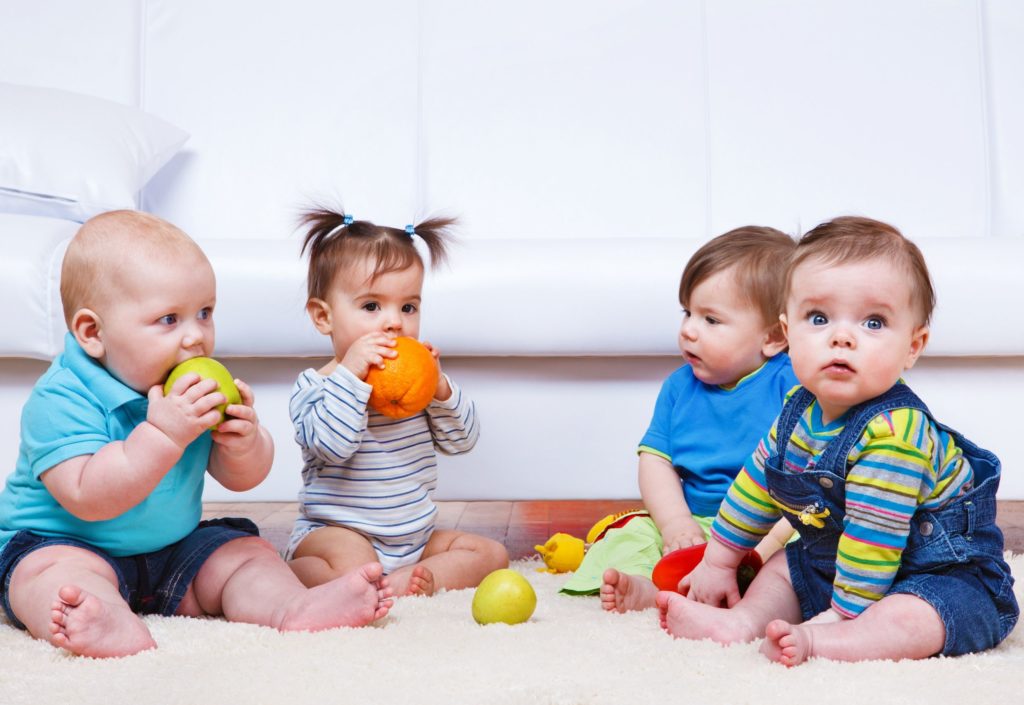New Research on Baby Brains
Many parents feel that babies should develop at their own pace and that they don’t need to be challenged to do things they aren’t ready for. They feel normal milestones should not receive a little extra nudge until they are fully ready. According to a neuroscientist, Audrey Van der Meer, at the Norwegian University of Science and Technology, states that this mindset could be traced back to early on in the last century. This was due to the fact that professionals believed that our DNA mostly determined who we are and that child development occurred independently whether we were stimulated or not from external stimuli that the baby is exposed to. They also felt accelerating this process was more harmful to the child rather than helping them.
In Asian and African cultures, early potty training or gym activities play an important role in stimulating the child. This is in complete contrast to what was believed way back early in last century and in western cultures . Van der Meer used advanced EEG research that showed the development of brain and sensory perception and motor skills that happen in sync. Neurons in babies form up to a thousand new connections per second. Through her research she felt that even the youngest of babies should be challenged and stimulated from birth onwards. Babies need to engage their whole selves in their experiences of exploring their surroundings and their world both indoors and outdoors under all types of conditions.
Some people feel that babies only need to be fed, cuddled and napped. Recent research shows that babies raised in cultures where early stimulation is a priority develop earlier than Western children do. The brains of young children are very malleable and can therefore adapt to what is happening around them. If the new synapses formed in their brains are not being used they disappear as the child grows up and the brain loses some of its plasticity.
Since a great deal is occurring in the brain early in life , Van der Meer says that it is easier to promote learning and prevent problems in children that are very young. In educational settings and in early intervention which is about helping children learn as early as possible to ensure that children get that head start they need to succeed in education and beyond, babies would benefit from stimulation at this stage from their environment.
Development doesn’t need to be rushed especially in children with special needs but parents should be there to lend supports. Researchers believe that all children when they are stimulated get to experience the world but this may especially hold true for children that exhibit special challenges. They also point out 50 years ago these children might have died. With all this latest research being released the future is more hopeful for the generations to come.
The Norwegian University of Science and Technology (NTNU). “Babies exposed to stimulation get brain boost.” ScienceDaily. ScienceDaily, 2 January 2017. <www.sciencedaily.com/releases/2017/01/170102143458.htm>





It’s a pleasure to find someone who can identify the issues so clearly